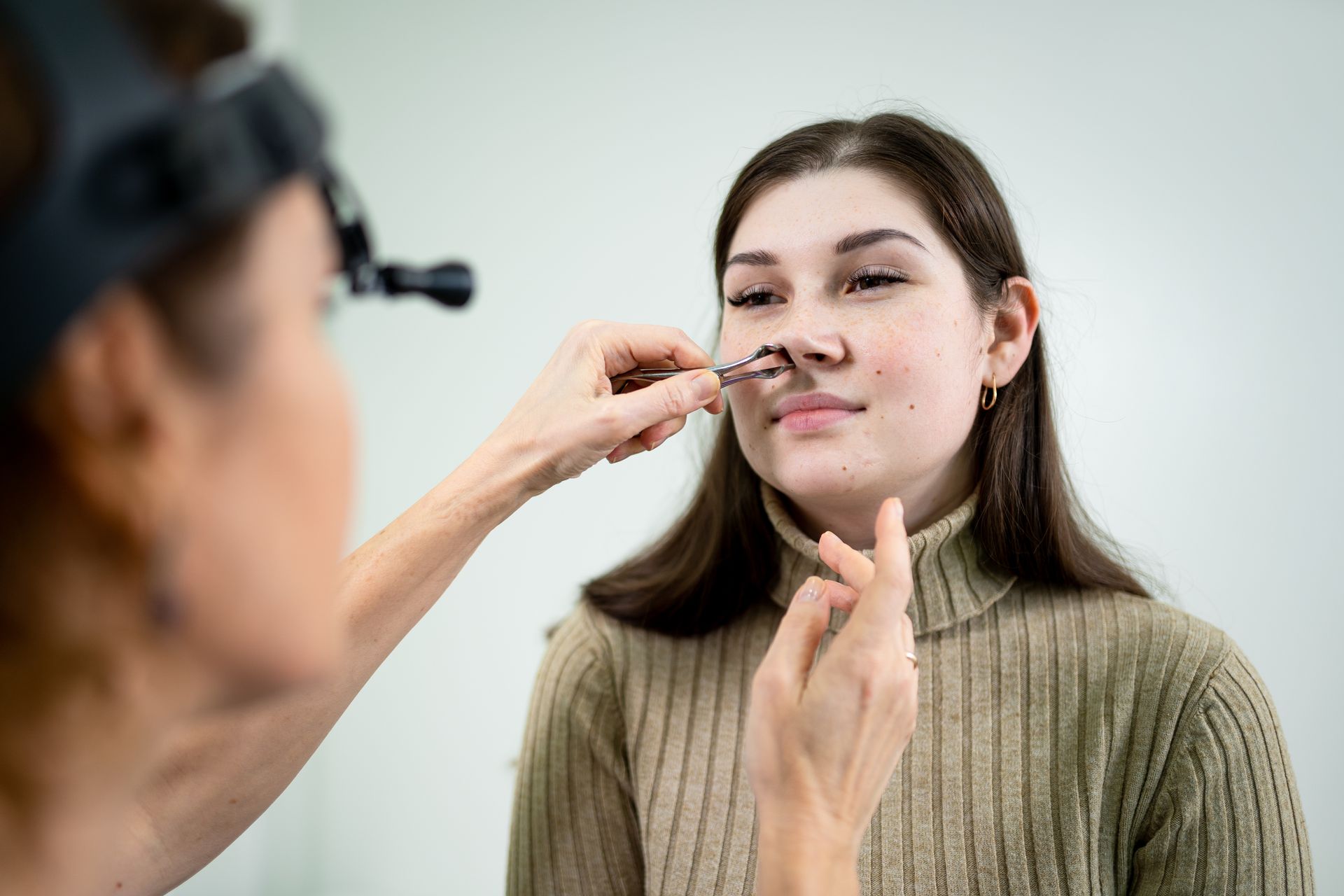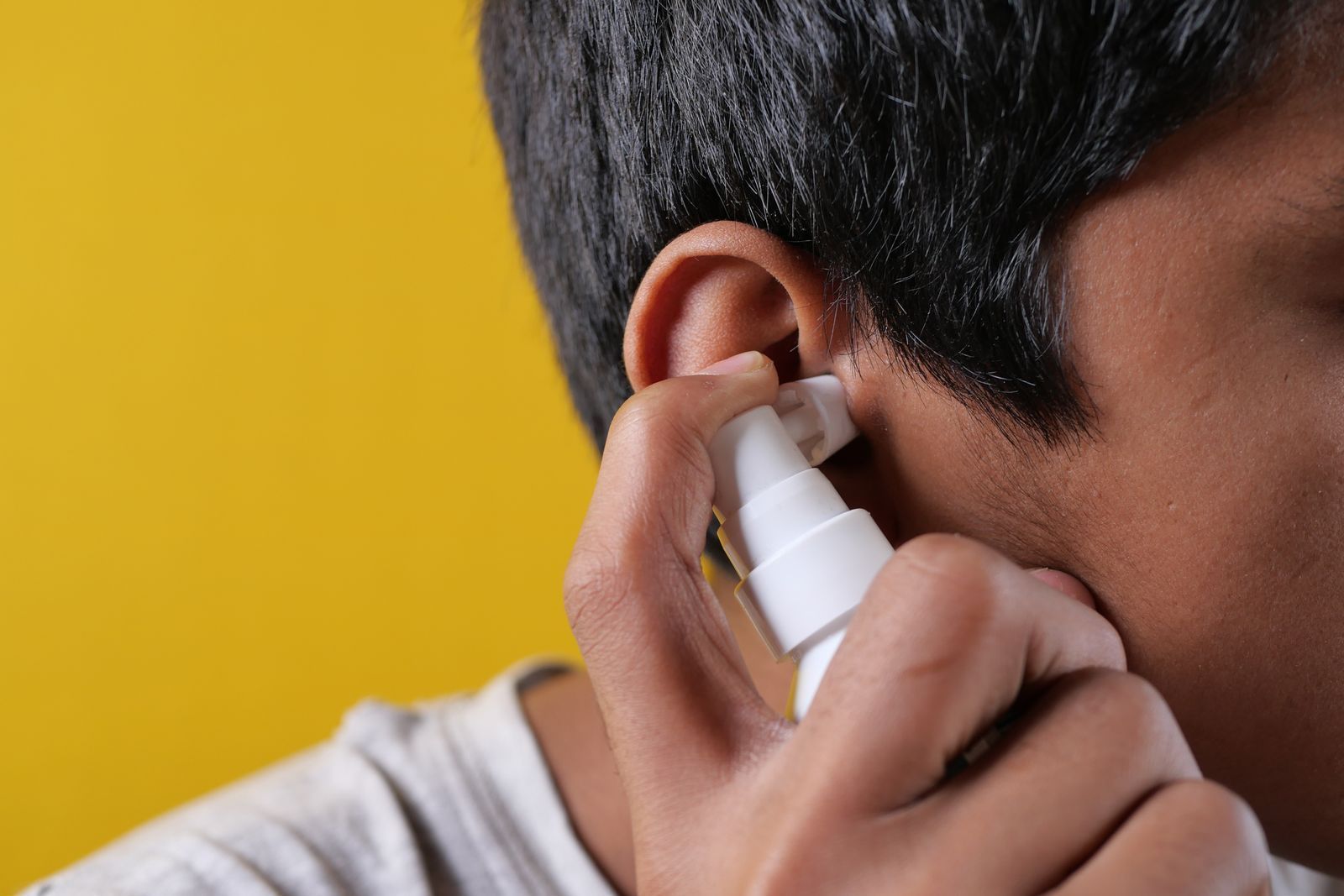Heading Back to School: What You Need to Know if Your Child Fails a Hearing Screening
Hearing screening conducted by many schools ensures students’ full engagement in classroom activities. However, what happens if your child fails a hearing screening?
In this blog post, we will discuss what you need to know and how you can support your child in this situation.
Understanding the Hearing Screening Process
A hearing screening is a simple and painless test that determines if your child has any hearing difficulties. During the screening, a series of sounds will be played through headphones or speakers, and your child will be asked to respond by raising their hand or pressing a button. This helps identify any potential hearing issues that may require further evaluation by an audiologist.
It is important to note that failing a hearing screening does not necessarily mean that your child has permanent hearing loss. It could be due to temporary factors like earwax buildup, middle ear fluid, or background noise during the test. However, the results should not be dismissed, and appropriate action should be taken.
Steps to Take After a Failed Hearing Screening
Communicate with the school and healthcare professionals
Informing teachers, administrators, and other relevant school personnel about your child’s condition will help them provide appropriate support and make necessary accommodations. Working collaboratively with the school will ensure that your child has equal opportunities for success in their academic journey.
Schedule an appointment with an ear, nose & throat physician
Schedule a follow-up appointment with an ear, nose & throat physician (ENT) or audiologist. These trained professionals specialize in assessing and diagnosing hearing-related issues. They will conduct a comprehensive evaluation to assess your child's hearing abilities and identify any underlying issues. The specialist will provide recommendations for further interventions or treatments, such as hearing aids or therapy, if necessary.
Treatment Options for Hearing Loss
If your child is diagnosed with hearing loss, there are various options available to support their communication and learning needs. The most common solution is the use of hearing aids, which can amplify sounds and improve their ability to hear and understand speech. The audiologist will guide you through the process of selecting and fitting the right hearing aids for your child.
In addition to hearing aids, there are other accommodations that can be made in the educational setting to ensure your child’s success. This may include preferential seating in the classroom, the use of assistive listening devices, or modifications in teaching strategies to accommodate their specific needs.
Lastly, remember that emotional support plays a significant role in helping your child cope with their hearing loss. Encourage open communication about their feelings and experiences and let them know that you are there to support them every step of the way. Consider connecting with support groups or online communities where you can find resources and connect with other parents facing similar challenges.
Conclusion
If your child fails a hearing screening, it’s essential to take appropriate action by communicating with the school and scheduling a follow-up evaluation with an ear, nose & throat physician. Understanding the diagnosis and exploring available interventions will ensure that your child receives the support they need. Remember, you are not alone in this journey – reach out for support and work together with your child’s school to create an inclusive learning environment.
The experts at Kentuckiana Ear, Nose and Throat aim to support, promote, and create healthy hearing. Our staff and physicians ensure that every patient is treated with respect and care—from infants to the elderly. If you want to make an appointment, please call 502-894-8441 or contact us online.













